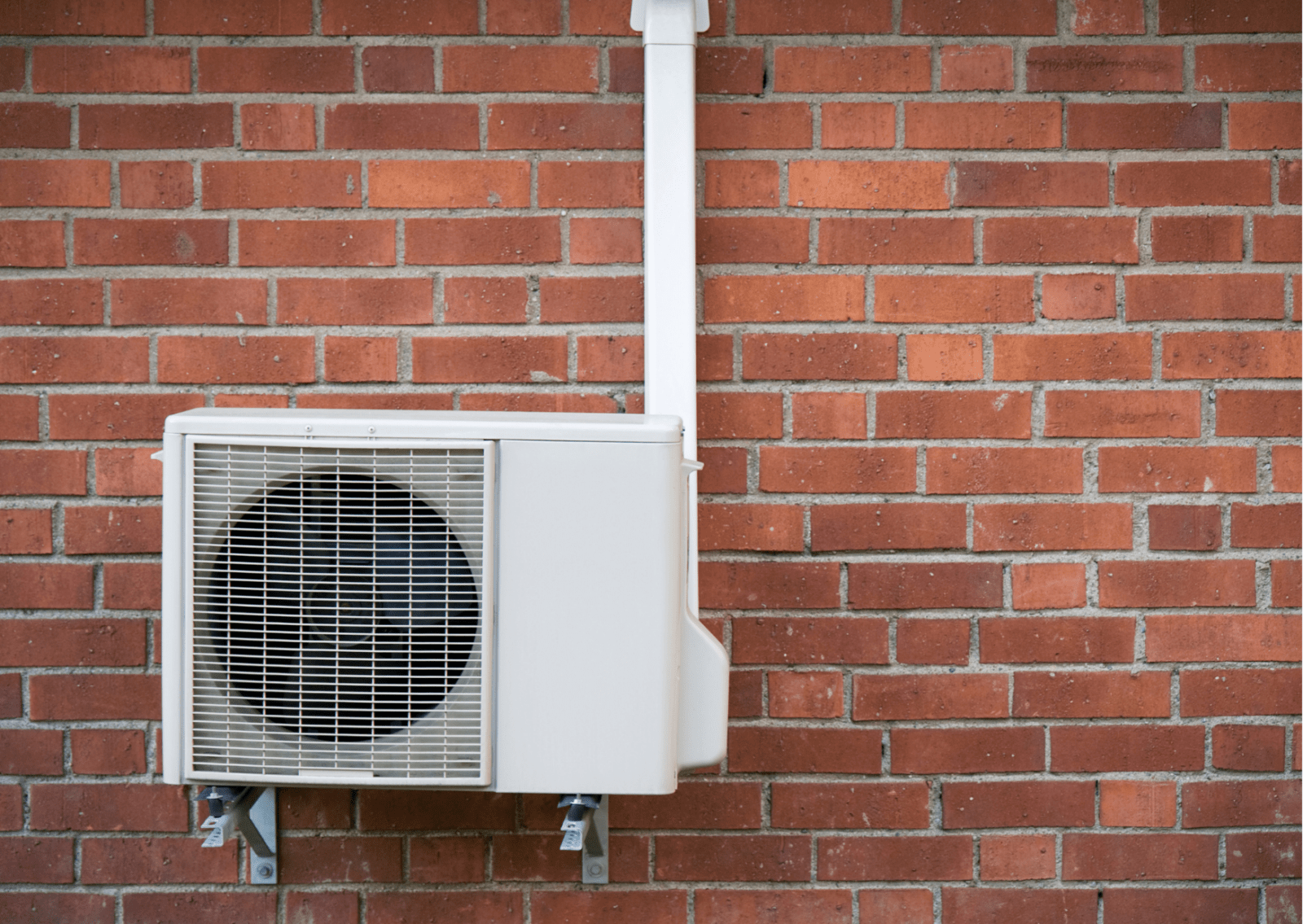The focus on the environment and sustainability has never been higher.
The 26th UN Climate Change Conference (COP26), held in Glasgow recently, saw governments from across the globe outline steps to limit global warming, with hundreds of cities and private companies pledging to achieve net-zero by 2050.
To achieve an eco-friendly Britain, the government has announced that by 2025, it will ban all new homes from installing gas and oil boilers.
While a complete gas boiler ban isn’t on the cards, landlords who plan to buy or build new rental properties after 2025 will need to find alternative heating systems which use renewable energy.
With this in mind, we take a closer look at the proposed ban and how letting agents can help landlords prepare.
What plans were announced?
The decision was formed after advice from the government’s independent advisory organisation, the Committee on Climate Change (CCC).
According to the CCC, the UK would not meet its climate change target of reducing greenhouse gas emissions by 80% by 2050 (compared to 1990 levels) unless a significant change was made in how we heat our homes.
It’s estimated that 14% of the country’s greenhouse emissions are produced by our homes, with gas boilers making up most of these emissions.
This makes homes a bigger threat to the climate than cars, and poor insulation and gas central heating systems are commonly to blame for heat loss in homes. Therefore, phasing out oil and gas boilers and replacing them with renewable heating systems is an essential first step.
However, the Heat and Buildings Strategy published in October 2021 outlines a slightly softer approach to UK homes transitioning from natural gas to more sustainable heating sources.
Instead, the government is incentivising the transition to new low-carbon systems, such as heat pumps or hydrogen boilers, by 2035.
The strategy builds on Prime Minister Boris Johnson’s Ten Point Plan and pledges £3.9 billion of new funding for decarbonising heat and buildings to help the UK meet its net-zero target.
These include the Boiler Upgrade Scheme launching in April 2022, which will see landlords and homeowners receive a £5,000 grant, and an innovation programme to accelerate the growth of the heat pumps market.
As part of the Future Homes Standard, new homes will be unable to connect to the gas network from 2025, and will instead be equipped with energy-efficient insulation and heated by a low-carbon heating source.
As for existing homes, ministers had reportedly been considering a cut-off date of 2035 for when natural gas boilers will no longer be sold.
Considerations for letting agents and landlords
A 2021 survey by the UK Department for Business Energy & Industrial Strategy found that the vast majority (77%) of respondents used gas boilers for heating their homes.
For now, the ban in 2025 only applies to new-build properties, meaning landlords of existing properties aren’t legally obliged to swap a gas or oil boiler.
However, there are certainly some benefits to renewable heating systems in the home. Air source and ground source heat pumps, in particular, produce approximately 3-4 kWh heat energy for every 1 kWh of electrical energy input and low emissions.
Due to its very nature, renewable heating systems are less prone to breakdowns than boilers and require very little maintenance – reducing both the hassle and cost of arranging engineer call outs.
Although annual servicing is still required to maintain the manufacturer’s warranty, landlords won’t need to organise and pay for annual gas safety checks anymore.
Renewable heating systems also run on free energy, which may help to entice tenants with the promise of cheaper heating bills.
Of course, these currently cost significantly more to install than a standard boiler. A typical air-source heat pump installation costs £9,000-£13,000, while ground source heat pumps cost £10,000-£18,000 to install.
Solar thermal panels, which are installed on a roof where they absorb heat from the sun and use it to heat water in your home, typically cost between £3,000-£5,000 to install.
Electric boilers are a potential replacement for gas boilers as they don’t produce carbon emissions when working. While cheaper to install at £1,000-£2,500, if the electricity is generated by burning fossil fuels (rather than via renewable energy), electric boilers will still be contributing to our greenhouse gases.
While there is still time to prepare, letting agents will need to encourage their landlords to weigh their options and invest in greener alternatives, even if they are not required to get rid of their existing gas boiler.
For newly built homes, it is best for landlords to keep an eye out for schemes and grants such as the Renewable Heat Incentive, which can help decrease the cost of heat pumps and other renewable technologies – making it easier to switch to low-carbon heating.
Until then, landlords should consider what measures they can take to keep their rental property warm, especially during the cold, winter months, which sees gas boilers used more frequently, as heat-efficient homes are very attractive to tenants.

